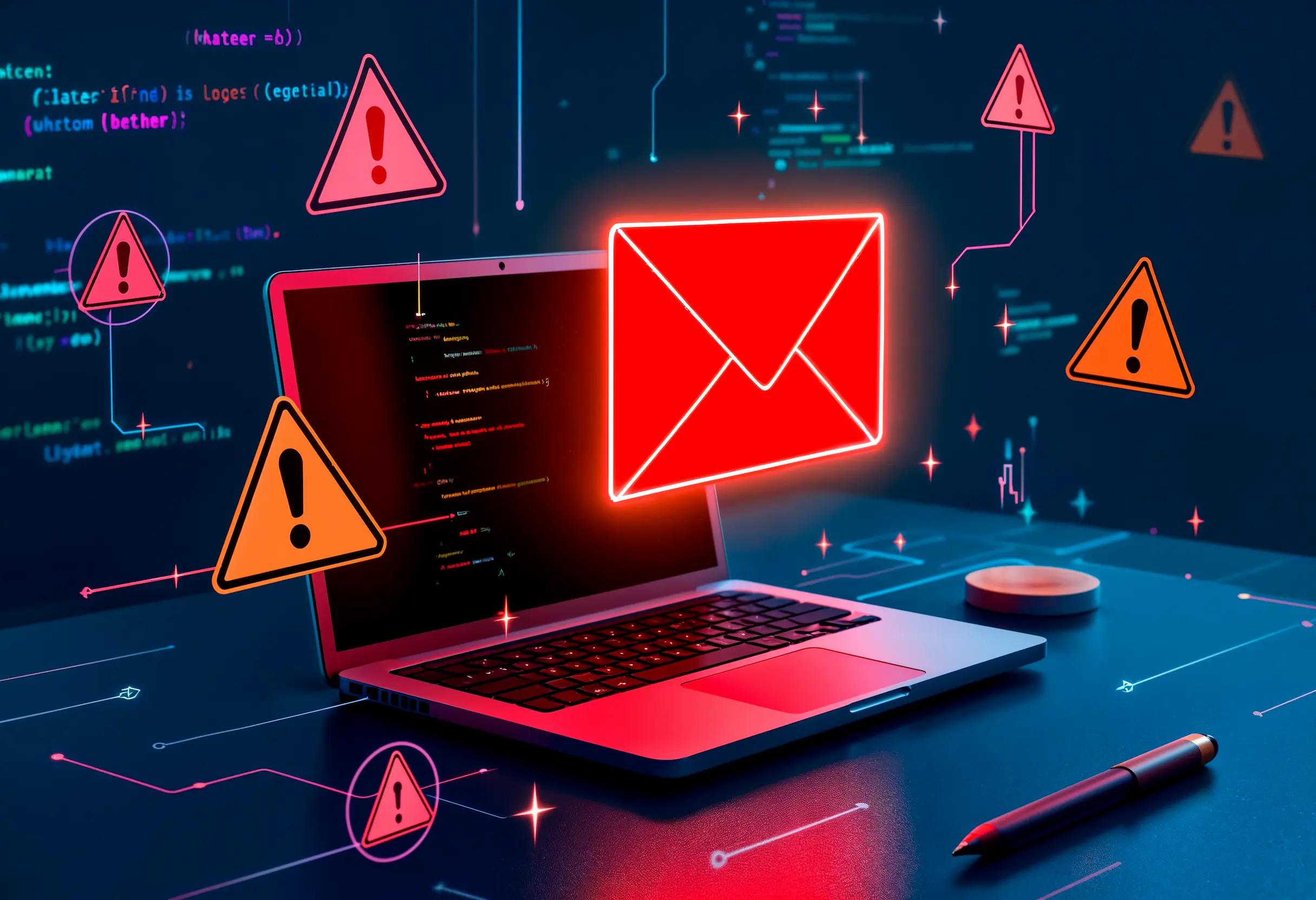What Does an Office Manager Do? A Comprehensive Guide
An office manager plays a pivotal role in ensuring that the workplace runs smoothly, efficiently, and productively. Often acting as the bridge between management and employees, the office manager is responsible for creating an environment where operations can thrive. From handling day-to-day administrative tasks to fostering a positive work culture, an office manager’s role is diverse, demanding, and essential to the health of any organization.
In this article, we’ll explore the various responsibilities, skills, and qualities that define the role of an office manager. If you’re considering a career in office management or you’re simply curious about what office managers do, this guide will give you the insights you need.
The Role of an Office Manager
An office manager is responsible for overseeing the daily operations within an office environment. While the specific duties may vary depending on the size and type of the organization, the core responsibility remains the same: to ensure that the office operates efficiently. Office managers serve as the hub of the company, handling everything from employee schedules and supplies to maintenance requests and administrative tasks.
They often wear many hats, serving not only as a manager but also as a coordinator, mediator, and problem-solver. Their ability to juggle multiple tasks, while maintaining a positive and professional demeanor, is crucial to the role.
Managing Daily Operations
A central part of the office manager’s job is overseeing the day-to-day functions of the office. This includes everything from managing supplies to ensuring equipment is working properly. Office managers often act as the first point of contact for employees who have administrative questions or issues. For example, they may handle requests for new office furniture, resolve IT-related problems, or deal with vendors for supplies.
In addition, office managers may oversee the cleanliness and order of the office, ensuring that the workspace remains conducive to productivity. They often handle arrangements for meetings, including booking conference rooms and ensuring that any required equipment, such as projectors, is functioning correctly.
Human Resources Support
While they may not work directly in human resources, office managers frequently assist with HR-related tasks. They may handle payroll processing, manage employee files, and coordinate with HR staff regarding new hires. In smaller companies, office managers may even be responsible for recruiting, onboarding, and training new employees.
In their HR support role, office managers help maintain compliance with company policies and labor regulations. They may also be responsible for organizing staff events, performance reviews, and professional development opportunities.
Budgeting and Financial Oversight
Another key responsibility of an office manager is managing the office budget. This involves tracking office expenses, managing petty cash, and working with finance departments to ensure that the office stays within its financial constraints. Whether it’s negotiating contracts with suppliers or managing office renovations, the office manager must ensure that all expenditures are accounted for and aligned with the company’s financial goals.
Office managers also often have the responsibility of approving and managing vendor contracts, as well as ensuring that invoices are paid on time.
Improving Office Efficiency
Office managers are often tasked with finding ways to improve office operations. They evaluate current procedures and identify areas for improvement. Whether through upgrading technology, rearranging office layouts, or implementing new policies, the goal is to make the office more efficient. For example, an office manager might introduce project management software to streamline workflows or negotiate better deals with suppliers to reduce costs.
Their attention to detail and ability to foresee potential challenges make them key players in ensuring a well-organized office. They must be proactive in solving issues before they escalate into larger problems.
Team Coordination and Leadership
Although office managers are typically not department heads, they are often responsible for overseeing office staff, such as receptionists, administrative assistants, and support staff. They provide direction, delegate tasks, and ensure that everyone is performing their roles effectively. In many ways, office managers are the glue that holds the team together.
They may also be responsible for organizing and leading team meetings, resolving conflicts, and fostering collaboration among staff members. A good office manager knows how to keep the team motivated and productive.
Technology and Office Equipment Management
With offices relying more on technology, office managers often find themselves acting as the point person for tech-related issues. They must ensure that all office technology is functioning correctly, whether it’s computers, printers, or telecommunication systems. This includes coordinating with IT support teams when necessary.
For companies that are integrating new software or systems, the office manager often facilitates the transition, ensuring that all employees are trained and that the system is running smoothly.
Event Planning and Coordination
In many organizations, office managers are tasked with planning and coordinating company events. This can range from small meetings to large-scale conferences or corporate retreats. They are responsible for making sure all logistics are in place, from venue bookings to catering services. In addition, they may also organize social events such as office parties, holiday celebrations, and team-building activities.
Such events are important for building morale and fostering a strong company culture. An effective office manager will ensure that these events run smoothly and reflect well on the company.
Compliance and Safety Management
Ensuring that the office complies with health, safety, and labor regulations is another important responsibility. Office managers need to be familiar with local labor laws and health regulations to ensure the company is compliant. This could involve maintaining records of safety procedures, organizing fire drills, or making sure the office has proper health and safety equipment, such as first aid kits and fire extinguishers.
In some industries, compliance may also involve managing licenses or ensuring that the company adheres to certain legal or ethical standards.
Qualities of a Great Office Manager
What sets an outstanding office manager apart from the rest? Several key qualities make someone successful in this role. Strong communication skills are crucial, as office managers must interact with employees at all levels of the organization. Organizational skills are also essential, given the wide range of tasks they must juggle on a daily basis.
Office managers should be proactive problem-solvers, with the ability to think on their feet and handle unexpected challenges. They must also be adaptable, as they need to respond to changing office dynamics and technology advancements.
A great office manager is someone who can foster a positive office culture, motivate employees, and create a workspace that promotes efficiency and productivity.
FAQs
What qualifications are needed to become an office manager?
Typically, a background in administration or management is required. Many office managers have degrees in business administration or related fields.
Is the role of an office manager stressful?
The job can be demanding due to the wide range of responsibilities. However, it can also be very rewarding for those who enjoy multitasking and problem-solving.
What is the career growth potential for office managers?
Office managers can progress to higher administrative roles, such as operations managers, or move into specialized areas like human resources or project management.
How does an office manager differ from an administrative assistant?
While both roles involve administrative tasks, an office manager typically has more responsibility, overseeing office operations and sometimes managing staff.
Can office managers work remotely?
It depends on the nature of the office. While some tasks can be done remotely, many office manager duties, such as overseeing office facilities, require physical presence.
What software do office managers use?
Common tools include project management software (like Asana or Trello), office suites (such as Microsoft Office), and financial software for budgeting and expense tracking.
Conclusion
An office manager is a vital part of any organization, ensuring that daily operations run smoothly and efficiently. By managing everything from office supplies to team coordination, office managers play a crucial role in maintaining the overall productivity and morale of the workplace. Their ability to handle a diverse range of responsibilities with professionalism and flexibility makes them invaluable in today’s fast-paced business environment.









